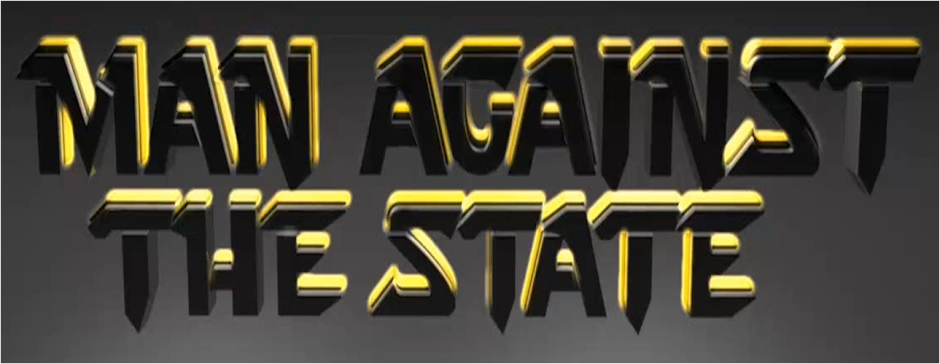Bankers support the money monopoly, the "lender of last resort" function, deposit insurance, the high rate of inflation, and all kinds of regulations (FSA, EU, IMF, etc), because it strengthens their cartel. The ideal scheme for the bankers would be a global central bank, with a global monopoly of (ideally paper) money, and international bailouts and regulations. The history of banking is the story of how the bankers, and the politicians who are happy to go along (they can finance deficits and inflate away their debts), have removed one-by-one all the market-imposed limits on fractional reserve lending. See Murray Rothbard's 'The Case Against The Fed'.
Check out the Ludwig Von Mises Institute video 'Money, Banking and the Federal Reserve'. It avoids the serious economic fallacies that undermine the otherwise-decent videos 'The Money Masters' and 'Money As Debt', and lead them to offer false and terrible solutions, like Lincoln-style Greenbanks. It highly praises the gold standard, because having gold backing the notes is a major market-imposed limit to fractional reserve banking. But the ultimate goal is a market-based money. Re-imposing a gold-standard dollar, controlled by congress, would be a second-best or interim measure; it would still be a money monopoly, but the boom-bust cycle and inflation would be significantly reduced, and it may ease a transition to market-based money.
Ron Paul, well-known for his support of the gold standard, shows that his ultimate goal is market-based money, when he says:
"Money will be honest, the unit precisely defined, and its integrity guaranteed by government or by voluntary contracts. Counterfeiting privileges of the Fed will be abolished and relegated to notorious underground figures. Honest money will allow credit to be freely created in the market and not by the privileged banking cartel, yet controlled by the integrity of the market and the convertibility of the dollar. The economic benefits of low long-term fixed interest rates will be welcomed by all, since credit can then fuel true long-term economic growth." [emphasis added]

No comments:
Post a Comment